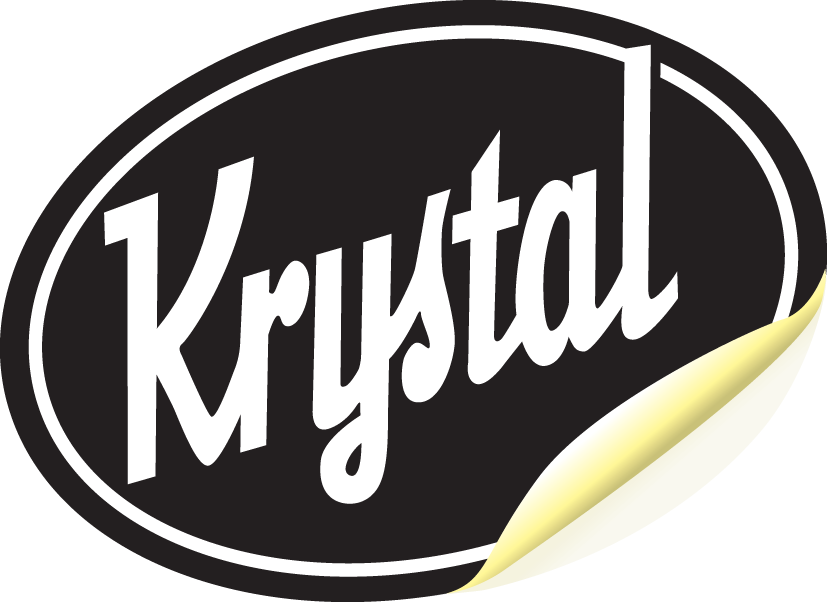Sustainability
Krystal has a holistic approach to sustainability work. We divide our work according to the ESG model (Climate and environment, social conditions, responsible corporate governance).
Safety, an inclusive working environment and decent working conditions are embedded in our routines, and through continuous improvement work. Furthermore, the work is regularly reconciled in the management’s review.
We have routines and ethical guidelines that safeguard and govern our work with seriousness and responsible corporate governance.

Efforts to adapt and develop our deliveries and production to achieve ever more environmentally friendly products and solutions are given high priority. Increased use of bio-based raw materials in our production is an important part of contributing to lower consumption of petroleum-based polymers.
The Krystal Bio-series is based on certified forest raw materials. (ISCC certificate). This technology allows the substitution of fossil material as a polymer base and thus contributes to a low carbon footprint (Life Cycle Analysis Certified). The raw materials are sourced from responsibly managed forests that do not require land-use changes, and as such do not compete with food crops.
In all parts of our sustainability work, our most important tool is our own competence, systematic innovation and development work.

Greenwashing Poster
Krystal AS has signed the Greenwashing Poster. We declare that sustainability and environmental work are important to us. Through our internal and external communication, we want to focus on the projects that make a difference. Innovative formulations and production methods have resulted in our bio-series: Quantum Bio 9000 and Inova Bio 5000.
Produced on hydropower with a climate footprint as small as 5-10g CO2e/kg, these qualities will be able to reduce the footprint by up to 3kg CO2e per kg of glue consumed. When a medium-sized manufacturing company consumes 10 tonnes of hot melt adhesives a year, a conversion to our bio-range will represent a reduction in the total climate footprint by up to 30 tonnes CO2e/year. By comparison, a truck fully loaded with goods would have to drive half a million km less each year to achieve similar savings in the transport sector. At Krystal, we call this sustainability in practice.

